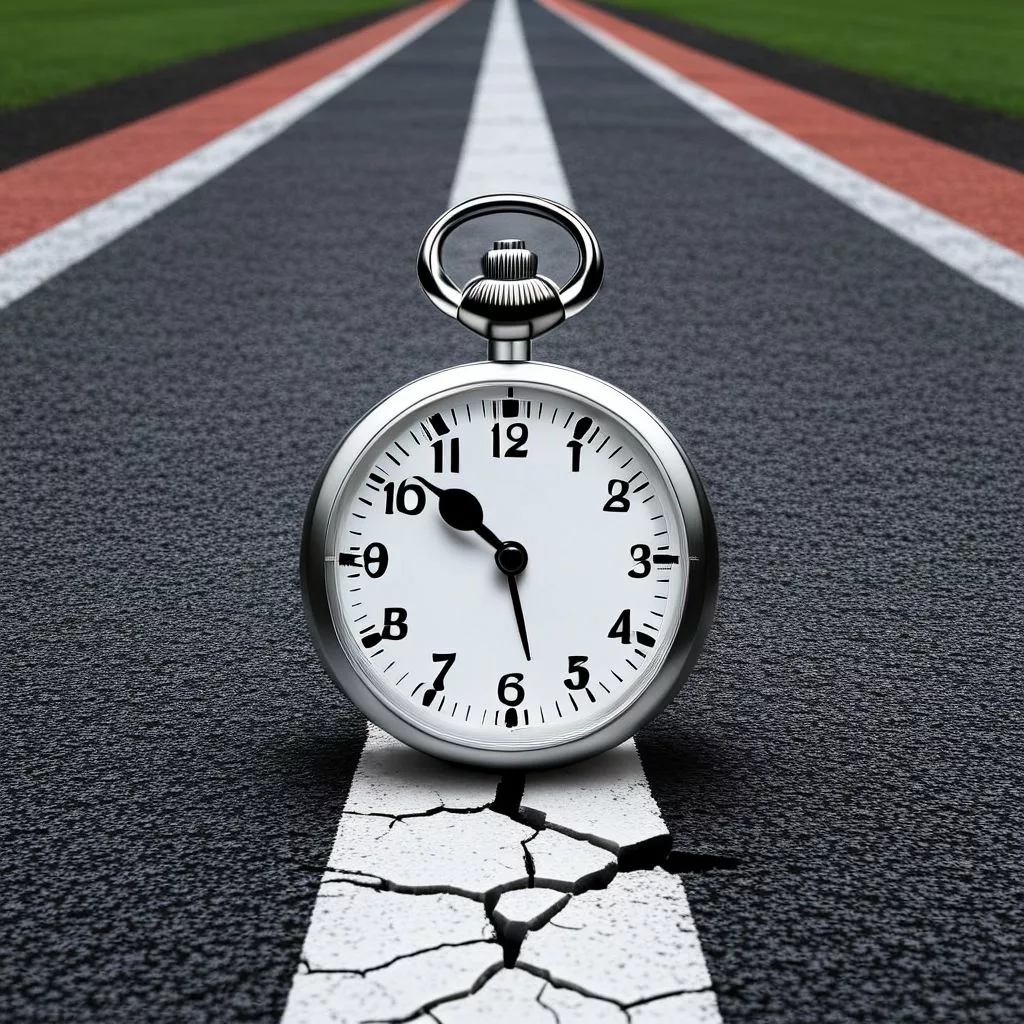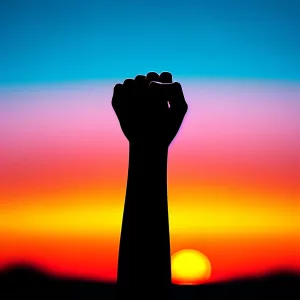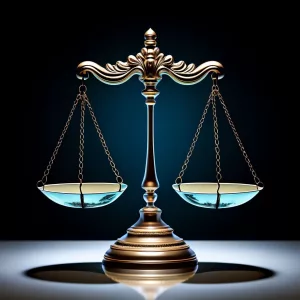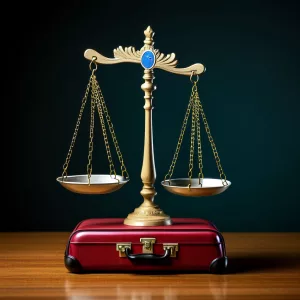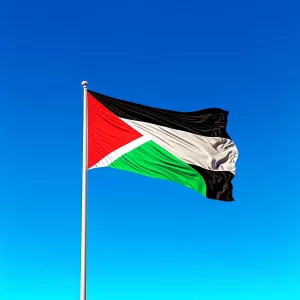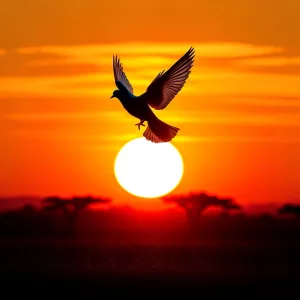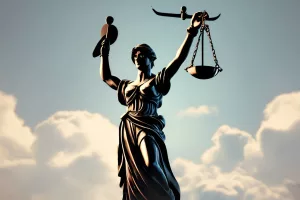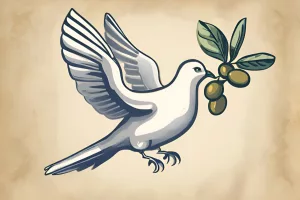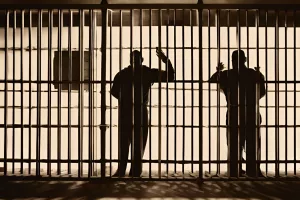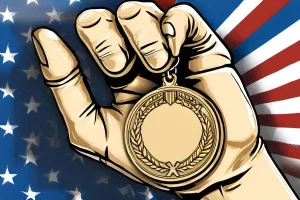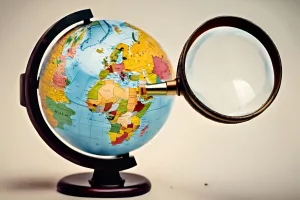Caster Semenya is a worldfamous South African runner whose incredible talent sparked a big debate about gender in sports. Because of her natural biology, she faced tough rules that forced her to take medicine just to compete as a woman. Her story isn’t just about running fast—it’s about fairness, identity, and how sports decide who belongs where. As courts and sports groups argue, Semenya’s case is changing how we think about gender and what it means to compete fairly. This battle will shape the future for many athletes who don’t fit simple categories.
The crisis of pit toilets in South African schools continues, with 141 schools still using them as of March 2025. Despite claims of progress, many children face unsafe and unhealthy conditions while the government struggles to keep its promises. Activists and communities are demanding better sanitation, highlighting the urgent need for change after tragic incidents involving children. A new app has been launched to help communities report remaining pit toilets, but the fight for safe and dignified facilities for all learners is far from over. The hope is that the government will finally take action and protect the rights of every child in the classroom.
On Human Rights Day in Cape Town, proPalestinian activist Uzair Mohamed was arrested during a peaceful protest, sparking outrage and concern about his rights and political freedom. His detention, which sparked protests from groups like the Muslim Judicial Council and South African Jews for a Free Palestine, raised questions about the treatment of activists in South Africa. While police claimed he was arrested for carrying flares, many saw this as an attempt to silence important voices. Mohamed’s experience serves as a powerful reminder of the ongoing fight for justice and the need to protect human rights for everyone.
South Africa is facing serious accusations that it knew about Hamas’ attack on Israel before it happened. Minister Ronald Lamola strongly denied these claims, calling them “false propaganda” meant to hurt South Africa’s reputation as a champion of human rights. He emphasized that no officials in South Africa were aware of the attack and vowed to protect the country’s standing in the world. This situation comes during already tense relations with the United States, which has imposed tariffs on South African goods, adding to the complexity of global politics. Despite these challenges, South Africa remains committed to its values of justice and human rights.
South Africa’s Correctional Meal Plan Controversy: Balancing Fiscal Responsibility and Human Rights
In South Africa, a big debate is raging over the new meal plan for prisoners. The government wants to save money by swapping expensive meats for cheaper foods like soya and pap, aiming to save R200 million. While some people support the changes for fiscal reasons, many critics worry that this harms inmate welfare. Public opinion is mostly against the prisoners, with many arguing that they should not expect luxury meals when many citizens struggle to afford food. The situation raises important questions about justice and how to treat people in prison while also managing limited resources.
Human Rights Day in South Africa is a special day to remember the Sharpeville Massacre of 1960, when police tragically killed 69 peaceful protesters fighting against unfair laws. It honors the bravery of those who sacrificed their lives for freedom and reminds everyone that the journey for justice and equality continues. Visiting important sites like Robben Island, where Nelson Mandela was imprisoned, and the Apartheid Museum, which tells the story of apartheid’s harsh reality, gives a powerful glimpse into this history. Each place tells stories of courage and hope, encouraging us to reflect on the past and work towards a brighter, fairer future for all.
South Africa’s recent changes to its Refugees Act have stirred up strong feelings and worries. Asylum seekers now have to go through ‘filtering’ interviews, which some fear could lead to unfair deportations and harm their rights. Critics, including groups like the Scalabrini Centre, argue that these rules could put vulnerable people in danger and make it harder for them to get the help they need. As the courts consider the situation, everyone is watching closely, hoping for a decision that protects human rights and treats those seeking safety with compassion.
On a bright Saturday, a vibrant crowd gathered at Sea Point Promenade to support the Palestinian cause. Activists from different backgrounds united, waving flags and chanting powerful slogans like “Gaza don’t you cry, Palestine will never die.” They demanded justice and called for actions like boycotts against Israel, echoing past struggles for equality. Reverend Frank Chikane passionately spoke about the urgent needs of the Palestinian people, urging everyone to remember the fight for human rights. This rally reflected a strong spirit of solidarity, showing that together, voices can spark change and challenge injustice.
Sam Nujoma was a brave leader who fought for Namibia’s freedom from South African rule, becoming the first elected President when the country gained independence in 1990. Born in a small village, he saw the unfairness around him and dedicated his life to changing it. Nujoma inspired many with his strong beliefs in unity and human rights, not just for Namibia, but for all of Africa. He worked hard to heal his country after years of conflict and dreamed of a brighter future for everyone. His legacy lives on, reminding us that courage and hope can create a better world.
In the lively KwaZuluNatal region of South Africa, the Portfolio Committee on Human Settlements is on a mission to improve housing for everyone. With a visit planned for October 2024, they will check how well housing policies are working and listen to communities affected by issues like flooding. Led by Chairperson Nocks Seabi, the committee believes that everyone deserves a safe home, emphasizing the importance of fair housing and helping people own their properties. By connecting with community voices and addressing challenges, they aim to bring hope and dignity to all residents, making sure that everyone has a place to call home.
Justice Yvonne Mokgoro was an extraordinary trailblazer, breaking through barriers to become the first black woman appointed to South Africa’s Constitutional Court. Her legacy extends beyond South Africa, as she presided over the UN’s Internal Justice Council and was appointed as the inaugural chair of the Independent Expert Mechanism to Advance Racial Justice and Equality in LawEnforcement by the UN Human Rights Council. Her legal philosophy centered around human dignity, and her judgments consistently championed the rights of the most vulnerable members of society. Her life and legacy serve as a potent reminder of our shared responsibility to build a society centered on true equality, liberty, and respect for human rights.
South Africa’s fight against racial prejudice and apartheid has had a significant impact on the postapartheid landscape of the country. The African National Congress, which led the fight, was founded in 1912 and welcomed people from all walks of life. Their legacy includes advocating for equal human rights, both locally and globally, and influencing South Africa’s approach to international relations. South Africa’s support for international law contrasts with the ongoing struggle for a sovereign Palestinian state, where Palestinians are denied basic human rights and selfdetermination.
The Outfit Dilemma: Evaluating School Dress Regulations and Human Rights in South Africa
A report from the South African Human Rights Commission has highlighted the negative effect of school dress codes. The investigation found that strict hair rules and genderspecific uniform mandates violate learners’ right to dignity and education. The report also calls for a reassessment of these policies, citing biased hair policies and the financial burden of school uniforms. The report has sparked a debate about the consequences of gendered school uniforms and the potential infringement upon learners’ rights.
South Africa celebrated the inauguration of the 2024 Human Rights Month at Kgosi Mampuru Correctional Facility, a location heavy with historical weight due to its association with previous violations of human rights. The monthlong observance commemorates the sacrifices made during the country’s fight for democratic freedom, including events such as the National Human Rights Day on March 21st. This year, Sharpeville’s George Thabe Stadium will host the National Human Rights Day Commemoration, symbolically recognizing the sacrifices made by those who fought for liberation.
Caster Semenya, the South African athlete and double Olympic champion, is fighting against World Athletics’ policies that require female athletes with elevated testosterone levels to medicate. Despite facing backlash, Semenya has persistently opposed the policy since its inception in 2018. Her landmark victory in July 2019 lacked the authority to repeal World Athletics’ rules, and she is now scheduled for a hearing in May at the European Court of Human Rights. However, Semenya’s legal fight is hampered by budgetary limitations, and the costs of her decadelong legal journey amount to an astonishing R30 million.
South Africa is a strong advocate for human rights and international law, committed to combating subjugation and advocating for the oppressed on a global platform. At international summits like the NonAligned Movement and the G77 and China summits, South Africa has shown its dedication to resolving conflicts peacefully and promoting inclusive discussions. The country’s legal endeavors also reflect its passion for human rights, as it initiated legal action against Israel in the International Court of Justice for alleged breaches of the Geneva Convention. South Africa’s global influence stems from its unwavering commitment to human rights and international law, making it a beacon of hope for oppressed populations worldwide.

